Diabetes is a group of metabolic diseases characterized by elevated levels of sugar in the blood. This disease is medically known under the name diabetes mellitus. The high blood sugar results either because the patient's body does not produce enough insulin, or because the body cells do not respond to the produced insulin.
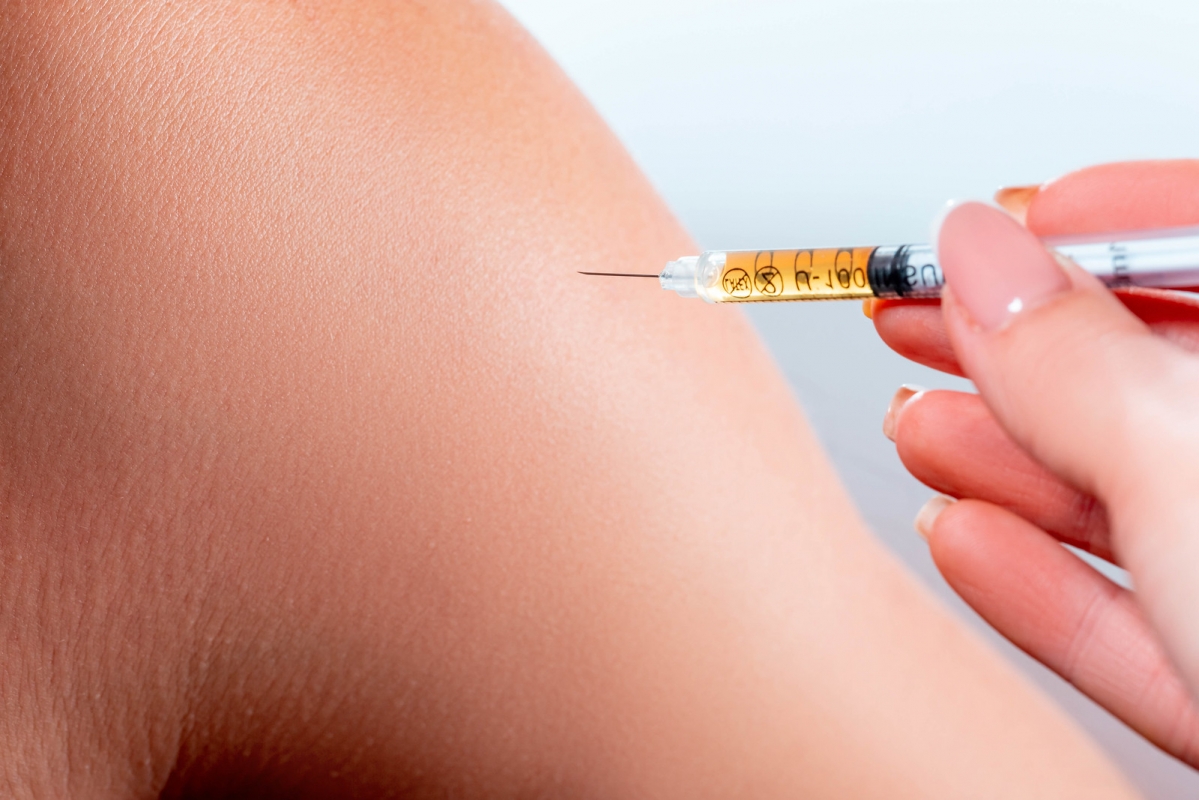
Types of diabetes
There are three different types of diabetes:
Type 1 diabetes occurs from the body’s natural failure to produce insulin. If a person suffers from this type of diabetes, he or she will need to administer insulin via injections, on a daily basis. This type of disease is partially inherited and triggered by certain infections.
Type 2 diabetes usually occurs due to lifestyle factors and genetics. It is characterized by cell resistance to insulin: instead of being absorbed by the cells, the insulin builds up in the bloodstream. This is accompanied by overloading of the pancreas, which tries to produce excessive amounts of insulin to overcome the resistance.
Gestational diabetes occurs in the pregnancy when women who never had diabetes before have a high blood glucose level. This happens because placenta produces certain hormones to sustain the pregnancy, making the body cells more resistant to insulin. In some cases, gestational diabetes precedes the development of type 2 diabetes.
Diabetes care
Diabetes mellitus is a serious disease associated with many complications. Patients can control the course of their illness by taking some simple self-care steps. It is extremely important for patients to take an active role in diabetes care and not to rely only on medicines. The first and the most important step to do so is to learn all that one can about diabetes.
Healthy eating and physical activity should become a part of a normal daily routine. One should also pay a lot of attention to maintaining a healthy weight. Patients should quit all bad habits, such as smoking or excessive drinking. It is highly recommended to seek professional help and quit smoking once and for all. Being a smoker with diabetes significantly increases one’s risk of heart attack, stroke, nerve damage and kidney disease.
Patients should control their blood pressure and cholesterol levels. These conditions can also damage the blood vessels and with diabetes they progress more rapidly. Eating healthy foods, practicing regular physical exercise and monitoring the overall health are the best ways to protect oneself from stroke or coronary heart diseases.
Patients should also take regular yearly physicals and eye exams. This is perhaps the most important step in selfcare. During the exam doctors will have a chance to detect any kind of diabetes related complications, and take appropriate measures.


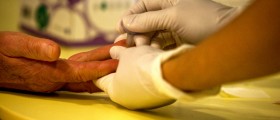
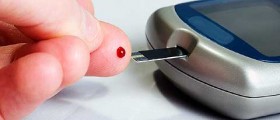


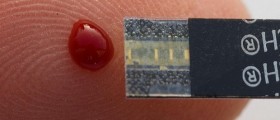

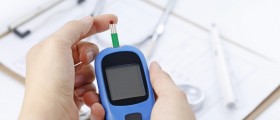








Your thoughts on this
Loading...